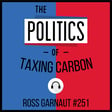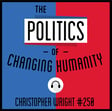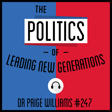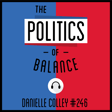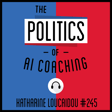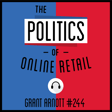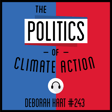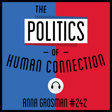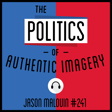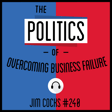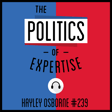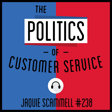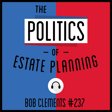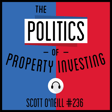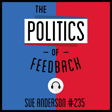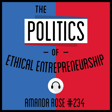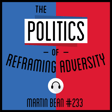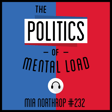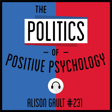
248: The Politics of Oil - Royce Kurmelovs
Oil is a divisive issue. Climate change debates remain as heated as ever in Australia with nuclear energy, renewables and the legacy realities of oil and gas necessity remaining at the heart of the story. In the face of our climate crisis, my guest says “today is the time for a wake-up call to the dangers of unchecked power and influence”. Royce Kurmelovs’s latest written work is titled Slick: Australia’s toxic relationship with Big Oil is a damning portrait of greed, ignorance and environmental neglect, leaving not a shred of doubt as to the oil and gas industry’s complicity in the climate crisis we currently face.
Royce is a journalist and author whose reporting has appeared in Rolling Stone, Science, The Guardian, The Saturday Paper, The Monthly, the BBC, Al Jazeera English and other publications.
Royce's bestselling first book, The Death of Holden, explored the closure of the Australian car industry on communities across South Australia and Victoria. His critically acclaimed second book, Rogue Nation, published in 2016 documented the fracturing of Australian politics. His third book Boom and Bust presented a portrait of Western Australia after the mining book, while his fourth book Just Money revealed the pyramid of debt on which the Australian economy was built.
In short, Royce has some challenging and well-researched ideas for us and in this episode, he discusses:
1. Why did you write your fifth book, Slick, which investigates the Australian oil industry to understand what they knew about climate change when they knew it, and how they worked to make sure nothing was done to address it.
2. How can we get off this oil-reliance train?
3. How can energy remain democratic – as in poorer nations like the Philippines or Africa can’t afford to invest in the new technologies needed as fast as say the USA or Australia. What would make that cleaner energy transition fairer and maybe faster?
Connect further:
(37) Royce Kurmelovs | LinkedIn
POE listener offer: Zencastr is my podcast platform of choice. Use my special link (zen.ai/thepoliticsofeverything30 [http://zen.ai/thepoliticsofeverything30]) and use code "THEPOLITICSOFEVERYTHING" to save 30% off your first three months of Zencastr professional. #madeonzencastr
